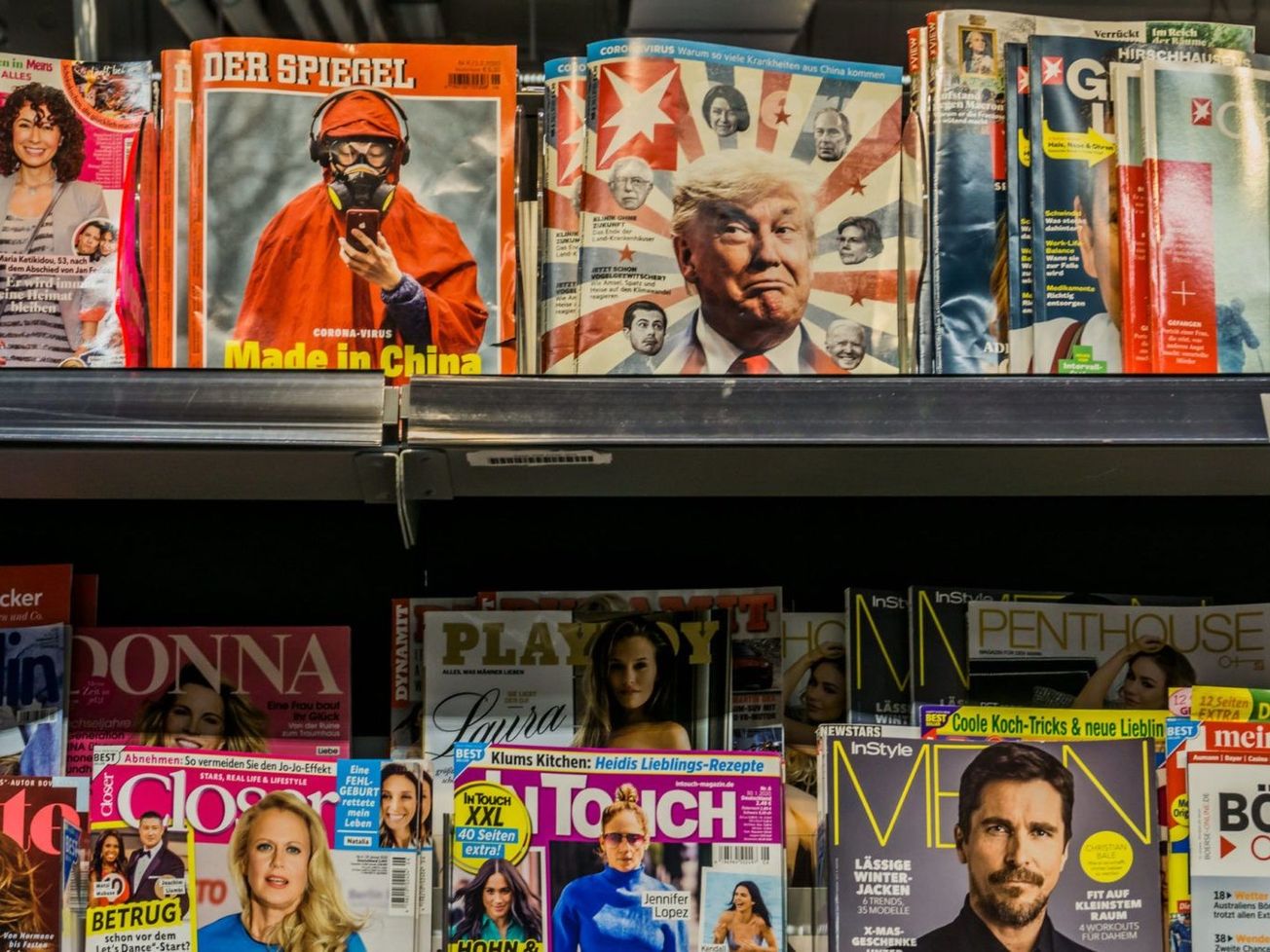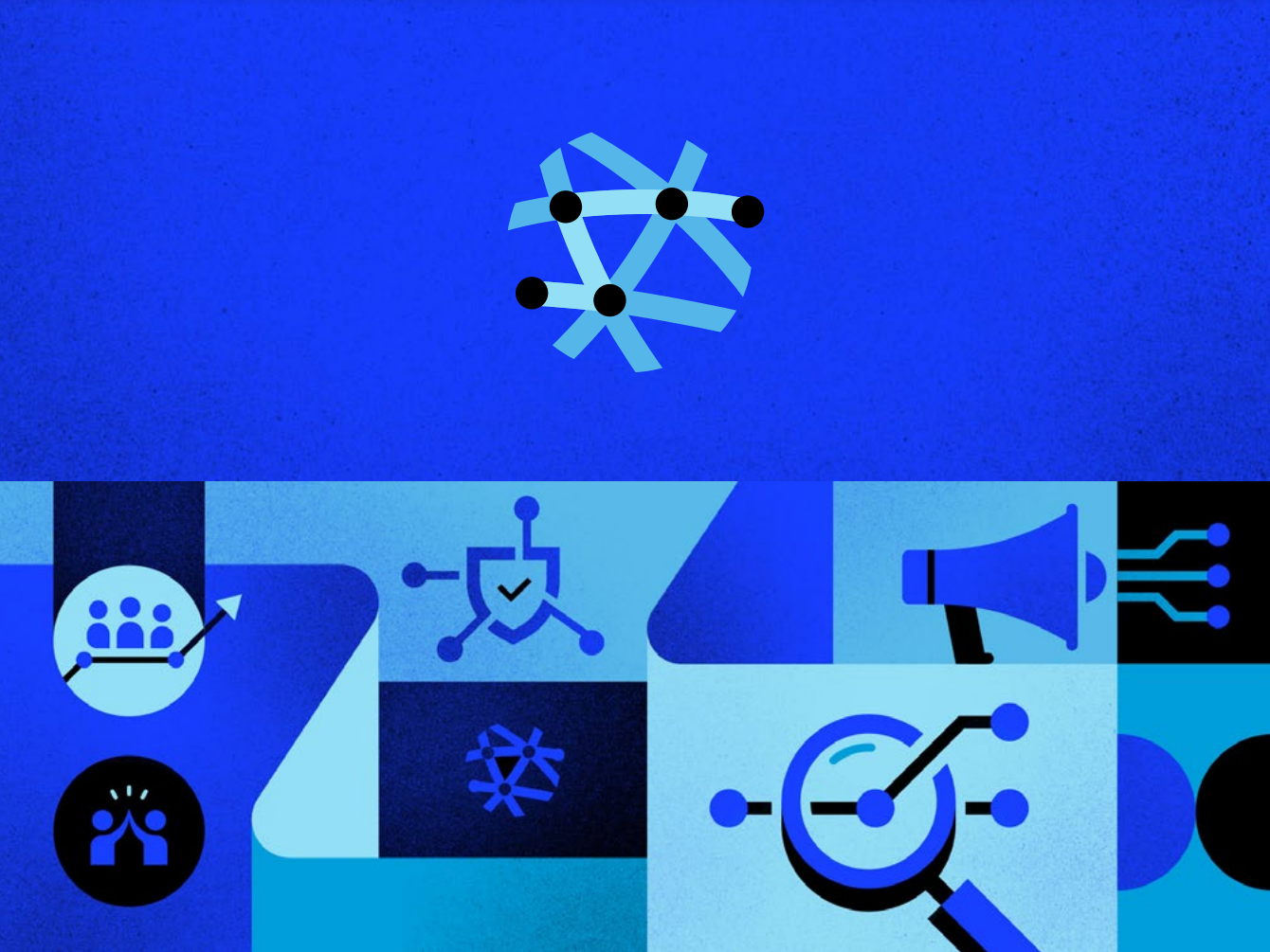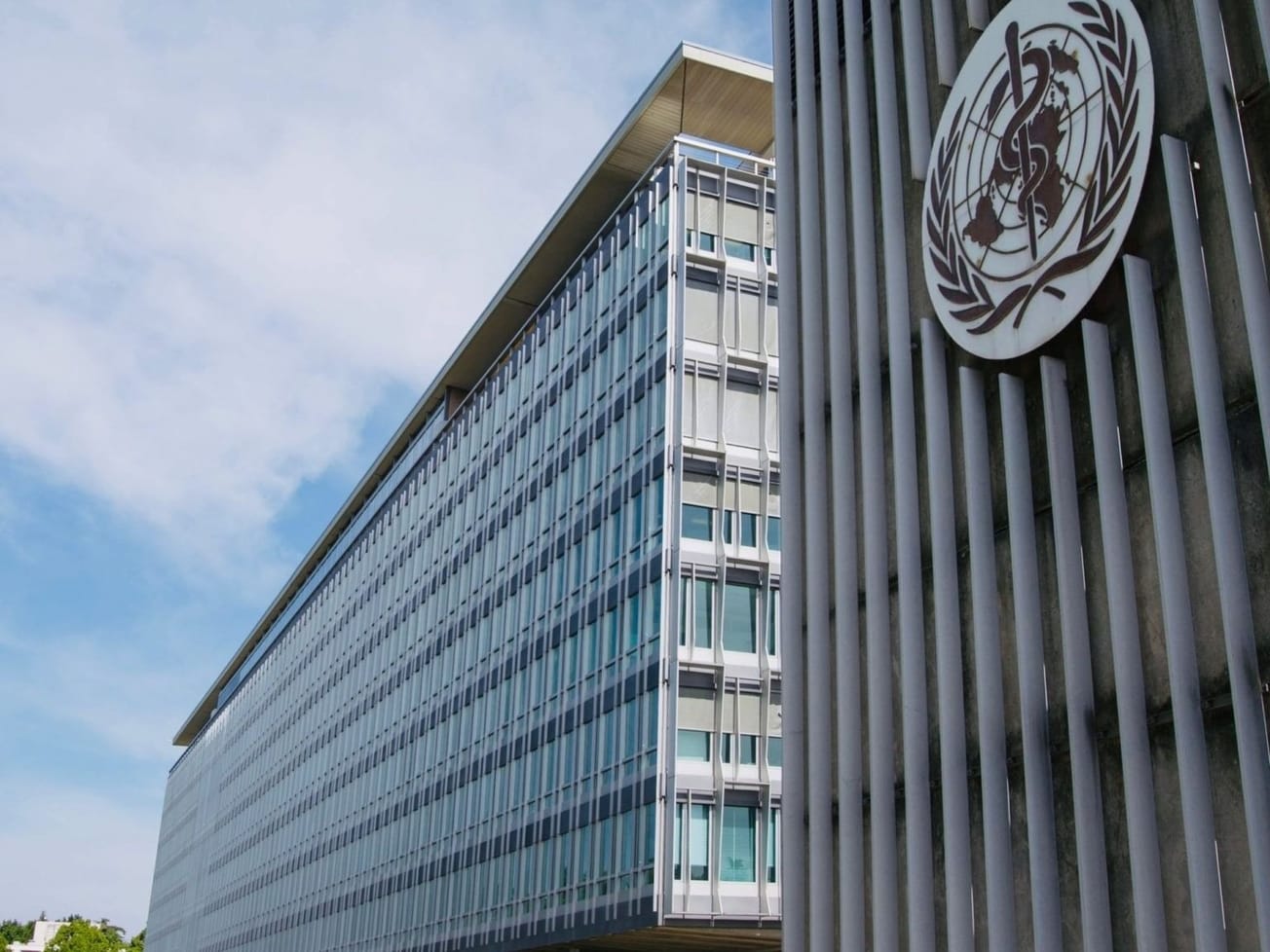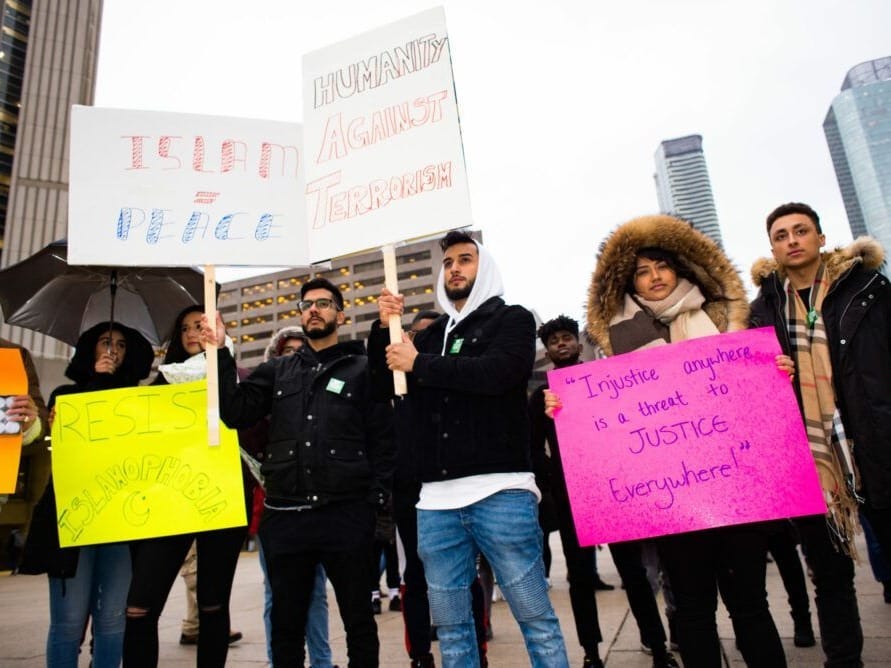False information campaigns about the coronavirus pandemic are a "grave danger" to many people's lives around the world, the United Nations Educational, Scientific and Cultural Organization warned on Monday.
Bogus stories and conspiracy theories have surged online. The "disinfodemic" has led some people infected by the virus to try unproven treatments and false cures that are dangerous, according to UNESCO, which is leading efforts to counter "fake news" and disinformation.









